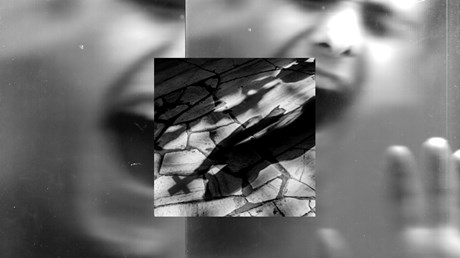Sometimes the blatant evils portrayed in scary movies and shows can reveal the more subtle sins within us.

There’s been a fascinating upward tick in the horror genre’s popularity lately, especially among young people.
Just two decades ago, drama was by and large the most popular genre for TV and movies. But a 2022 Deloitte study found that Gen Z’s third favorite genre is horror, just one percentage point less than action, with comedy at number one. The genre’s popularity extends beyond Gen Z: Among American adults, 71 percent of those under the age of 35 say scary movies are enjoyable (compared to only 23 percent of those aged 65 and over). That said, I’m among the 29 percent of young adults who don’t like scary movies.
Paranormal horror manifests the unseen reality of spirits and demons beyond my control, making it hard for me to brush my teeth without feeling like something is watching. Gothic horror affirms that what was done in the past can haunt me. Slashers make me question human beings’ capacity for evil, making everyone suspect. In short, horror movies are horrifying to me precisely because they spotlight the darkest parts of the human heart and of the world, and I don’t always want to be reminded of that. And like many Christians, I wonder how watching horror movies and shows can be edifying.
But given horror’s current cultural moment, some believers have made compelling defenses for the genre: Horror can speak to the supernatural reality of the world, demonstrate the power to overcome evil, and become an evangelistic tool to reach unbelievers. Recent popular shows like Midnight Mass are praised for their “thoughtful and thorough critiques of religion.” In fact, nearly every one of the top horror movies of all time deal with some kind of Christian theme or ...
from Christianity Today Magazine
Umn ministry


.gif)

.gif)
.gif)
